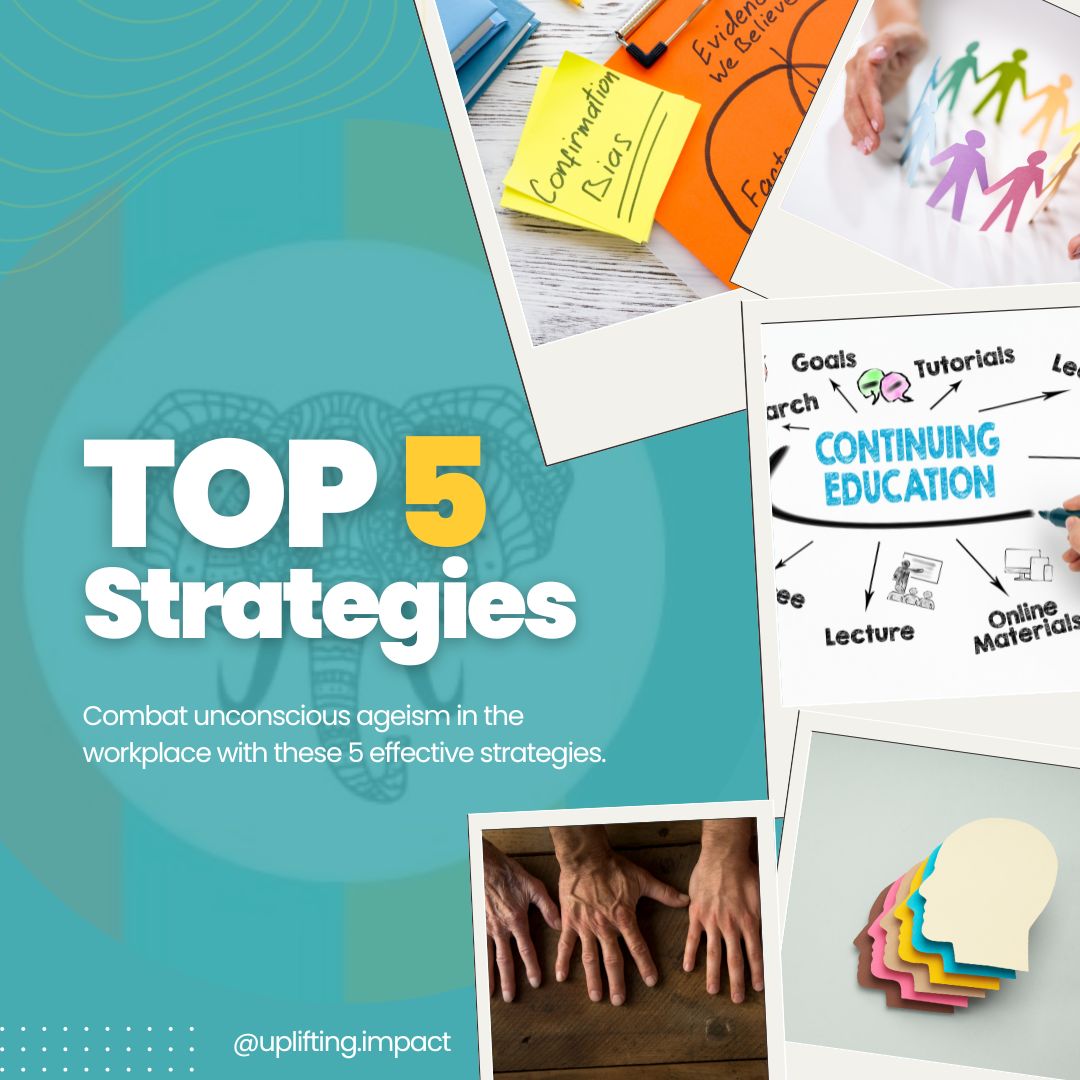4 Reasons to Pursue Continuous Learning in DEI

Diversity, equity, and inclusion (DEI) work is not something that can be performed once and forgotten about. These initiatives and efforts are not like artifacts at a museum, stuck behind glass. This work is dynamic, instead of stagnant. It is constantly evolving, constantly changing, and I’m certain there will always be work to do. That’s why it is vital to engage in continuous learning.
When it comes to DEI efforts, everyone benefits from engaged, persistent learning. Whether you’re a company leader, a team member, an HR professional, or a DEI practitioner, you can benefit from consistent training, seminars, and summits (check out our “Shape the Future” Summit this coming March). Keep in mind, not all trainings are equal. Before enrolling, make sure the course/seminar/etc. is taught by a qualified professional(s) who will cover relevant subjects in a meaningful way. A lunch-and-learn, for instance, may not have time to cover much ground, but a series of these seminars could be useful.
Why is it necessary to continually learn about DEI-related topics? I have four reasons for you:
Circumstances Change
Your company is constantly evolving. Your goals, profitability, workforce, and even your services can change year to year, and even quarter to quarter. In atmospheres that are constantly changing, your DEI goals should be changing too. It’s smart to check in periodically to evaluate how the company’s DEI-centered work is going. Is the company meeting its hiring goals? Have incident reports declined? How satisfied are your people overall, and how satisfied are those who identify with underrepresented groups? Once you have a grasp of where you are, you can begin to plan your next steps (potentially with the assistance of an outside DEI practitioner). These next steps will inevitably involve both learning and doing.
Language Evolves
Certain language and terms that were considered acceptable in a typical 1950s workplace are not acceptable today. And the same is true of the 1990s, or even the 2010s. Today, more than ever, people are taking ownership of language that applies to them and are rejecting words and phrases that are ableist, racist, sexist, homophobic, and harmful in other ways. Though some claim that people are too sensitive or “woke” when it comes to language usage, that is certainly not the case. Language is powerful. Words can motivate, uplift, or energize…or they can make people feel lesser than, excluded, or dehumanized. To build your understanding of which terms are appropriate (or not appropriate), check out the American Psychological Association’s Inclusive Language Guide, or seek advice from a knowledgeable DEI practitioner.
Expectations Evolve
When the Americans with Disabilities Act was passed in 1990, it set a new bar for accessibility. However, many Americans soon realized that this legislation didn’t go far enough. Parts of the law are ambiguous (what does “reasonable accommodation” really mean?), and parts did not go far enough (not addressing hiring discrimination, for example). Over the years, other accessibility-related legislation has passed, thereby setting new standards.
This exemplifies the natural evolution of “normal” standards. Standards and expectations change as legislation, perspectives, and awareness changes. Another example is mental health. Only a few years ago, most workplaces shied away from even talking about mental health and mental health accommodations. Today, it is a central part of the conversation.
There is No Single Perspective
Though skilled DEI trainers attempt to bring a variety of perspectives into their teachings, they may not capture every angle of an issue. That’s because people are multi-faceted and dynamic. One BIPOC person, for example, cannot represent the mosaic of experiences, opinions, backgrounds, and points of view of every other BIPOC person (although, I can tell you from experience, that we are often asked to do just that!). One important reason to keep learning is that there is no single perspective. With each training, seminar, book, or lecture, you will likely learn something new—a different way of thinking about a particular topic. This is one powerful reason to keep learning, to keep seeking knowledge.
--
DEI work is never truly complete, nor should it be. There is always something more you can learn—always knowledge to gain. I encourage you to pursue continuous learning in whatever way make sense to you, while urging others to do the same. You could start small (a DEI book club, enrolling your team in an afternoon training) or go a bit bigger (attending the “Shape the Future” Summit this coming spring). Whatever you decide, know that your efforts are essential in shaping a more equitable and inclusive workplace.

